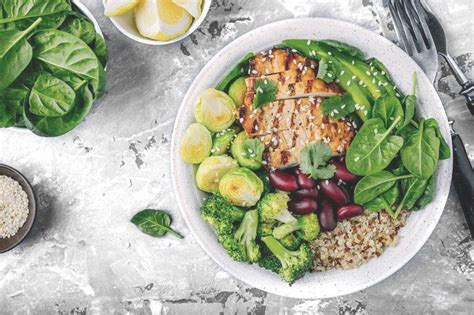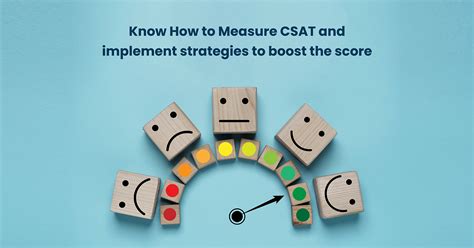For many men, shedding that persistent layer of belly fat, often referred to as visceral fat, is a significant challenge despite regular efforts. This type of fat not only impacts appearance but also poses serious health risks, including increased risk of heart disease, type 2 diabetes, and certain cancers. The most effective daily strategy isn’t about quick fixes, but rather a consistent, multi-faceted approach addressing diet, exercise, and lifestyle choices.
Understanding Stubborn Belly Fat
Belly fat, particularly visceral fat, is metabolically active and can contribute to various health issues. Genetics, age, hormones (like testosterone decline), and lifestyle choices all play a role in its accumulation. To tackle it effectively, a daily strategy must create a sustained caloric deficit while optimizing metabolic health and reducing systemic inflammation.
The Cornerstone: Strategic Nutrition
Nutrition is arguably the most critical component. A consistent caloric deficit, meaning consuming fewer calories than you burn, is essential for fat loss. However, it’s not just about eating less; it’s about eating smart:
- Prioritize Protein: High protein intake helps preserve muscle mass during weight loss, increases satiety, and has a higher thermic effect (burns more calories during digestion). Aim for lean sources like chicken, fish, eggs, and legumes.
- Boost Fiber Intake: Fiber-rich foods (fruits, vegetables, whole grains) promote fullness, aid digestion, and help stabilize blood sugar levels, reducing fat storage.
- Healthy Fats Matter: Don’t fear healthy fats from avocados, nuts, seeds, and olive oil. They are crucial for hormone production and satiety.
- Eliminate Processed Foods & Sugars: These are often calorie-dense and nutrient-poor, contributing directly to belly fat. Sugary drinks, refined carbs, and processed snacks are major culprits.

Dynamic Exercise Regimen
While diet creates the deficit, exercise helps burn calories, build muscle, and improve metabolic function. A combination of different exercise types is most effective:
- High-Intensity Interval Training (HIIT): Short bursts of intense exercise followed by brief recovery periods can be highly effective for fat burning and improving cardiovascular health.
- Strength Training: Building muscle mass increases your resting metabolic rate, meaning you burn more calories even at rest. Focus on compound movements (squats, deadlifts, presses) that work multiple muscle groups.
- Consistent Cardio: Moderate-intensity cardio (jogging, cycling, swimming) for 30-60 minutes most days of the week helps burn calories and improves overall fitness.
- Core Work: While spot reduction isn’t possible, strong core muscles improve posture and can make your midsection appear more toned as fat is lost.

Crucial Lifestyle Adjustments
Beyond what you eat and how you move, daily lifestyle choices significantly impact your ability to lose belly fat:
- Prioritize Sleep: Insufficient sleep disrupts hormones (like cortisol and ghrelin), which can increase appetite and promote fat storage, especially around the belly. Aim for 7-9 hours of quality sleep per night.
- Manage Stress: Chronic stress elevates cortisol levels, directly contributing to visceral fat accumulation. Incorporate stress-reducing activities like meditation, yoga, hobbies, or spending time in nature.
- Stay Hydrated: Drinking plenty of water supports metabolism, aids digestion, and can help control hunger.
- Limit Alcohol: Alcohol, especially beer and sugary cocktails, adds empty calories and can hinder fat burning, directly contributing to a “beer belly.”

The Power of Consistency and Patience
Losing stubborn belly fat is a marathon, not a sprint. Consistency in your daily diet, exercise, and lifestyle habits is paramount. Don’t get discouraged by slow progress; fat loss is rarely linear. Track your food intake, monitor your workouts, and periodically measure your waist circumference (a better indicator of visceral fat loss than scale weight alone). Celebrate small victories and adjust your strategy as needed, focusing on sustainable changes rather than drastic, temporary measures.

When to Seek Professional Guidance
If you’ve been consistent with your efforts for several months and are still struggling, consider consulting a healthcare professional, registered dietitian, or certified personal trainer. They can help identify underlying issues, customize a plan, and provide accountability. Sometimes, hormonal imbalances or specific medical conditions can hinder fat loss, requiring professional intervention.

By adopting a holistic daily strategy that encompasses smart nutrition, a dynamic exercise routine, and critical lifestyle adjustments, men can effectively tackle stubborn belly fat, not just for aesthetic reasons but for long-term health and well-being. Consistency, patience, and a deep commitment to these habits will yield the most impactful and sustainable results on your journey to a healthier you.




